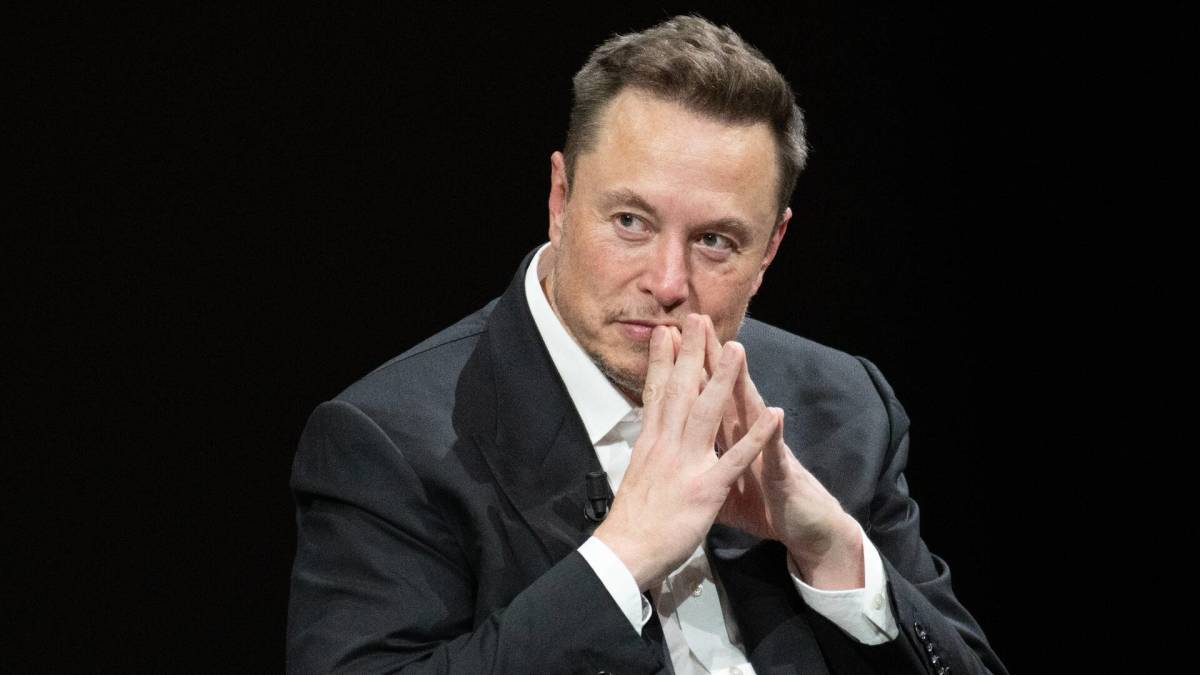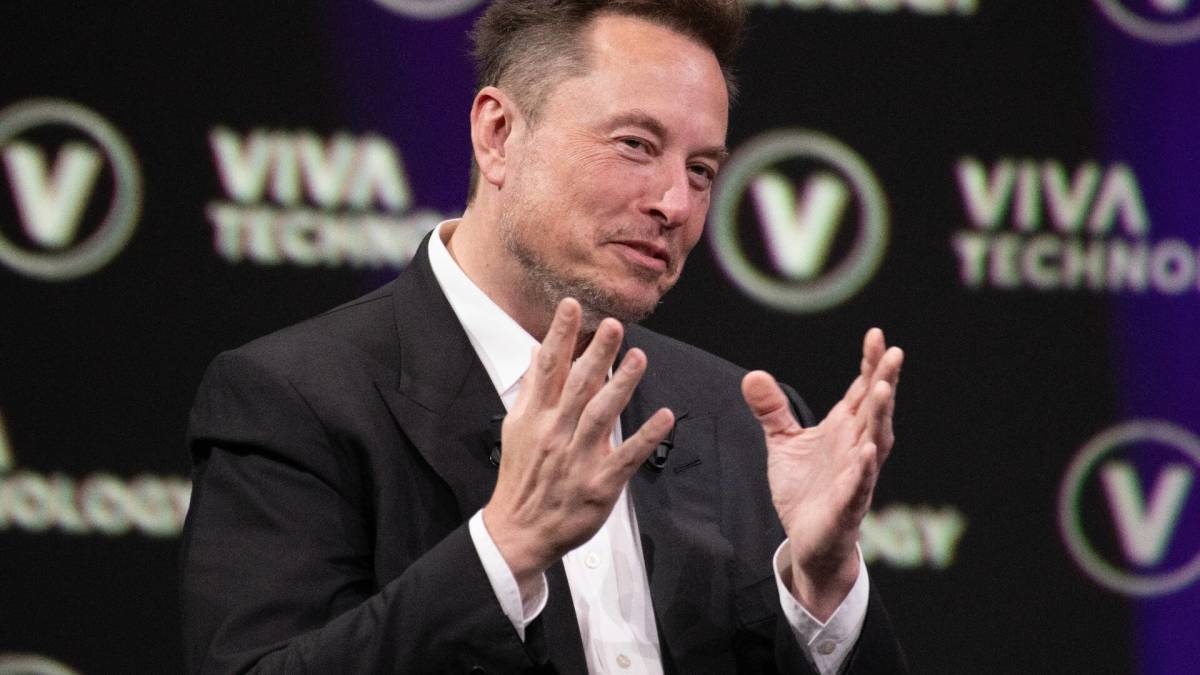
Tesla (TSLA) shares moved lower again in early Tuesday trading, extending their year-to-date decline in market value past $230 billion, as the carmaker continues to face demand headwinds and price pressures in a weakened global electric-vehicle market.
Tesla has slumped more than 25% so far this year and is trading at levels last seen in February 2023, as demand in its biggest market has sagged and intensifying competition has elicited a price war among the biggest global EV makers.
The slump, as well as big losses from the $43 billion purchase of Twitter in 2022, has knocked CEO Elon Musk from his perch as the world's richest man for the first time in nine months, according to the Bloomberg Billionaires Index.
Musk himself has made no secret of his desire to win market share through lower prices, even if it means sacrificing profitability, saying in a message on his social-media website, now called X, that price cuts address "the essential quandary of manufacturing: Factories need continuous production for efficiency, but consumer demand is seasonal."
Prices for used Tesla cars are also on the wane, more than halving to around $32,510 today from a record $67,900 in July 2022, according to data from CarGurus.
On the demand side, data from China earlier this week showed Tesla's February sales fell to their lowest levels in more than a year, slumping nearly 20% to 60,365 units despite aggressive price cuts, new incentives and a Lunar Holiday marketing campaign.

Shutterstock
Tesla's sales warning is proving accurate
Tesla itself warned investors in January that vehicle-delivery growth rates would be "notably lower" than 2023 levels, and last month it hinted at pending U.S. layoffs.
The group's troubles were compounded overnight by reports of a fire near its newly completed Gigafactory near Berlin. Police suspect the fire, which reports say knocked out power to the surrounding area, was deliberately set.
Production at the site has been halted, Tesla said, and workers were evacuated as a precautionary measure.
These are either the dumbest eco-terrorists on Earth or they’re puppets of those who don’t have good environmental goals.
— Elon Musk (@elonmusk) March 5, 2024
Stopping production of electric vehicles, rather than fossil fuel vehicles, ist extrem dumm.
Short-sellers are also circling the group and taking advantage of its recent declines, according to data from S3 Partners, which indicates bets against the group are estimated at around $16.4 billion, or just under 85 million shares. That's around 3.07% of Tesla's float outstanding.
Short-sellers bet against a company by borrowing shares and selling them. If the price of the stock declines, the short-sellers buy back the shares at a lower price, return the borrowed stock (while paying a fee), and pocket the difference.
Related: Analyst weighs in on Tesla stock after short sellers pounce
Against that bearish backdrop, however, Goldman Sachs analyst Mark Delaney is affirming his $220 Tesla price target. In a client note published Tuesday he argues that a strategic approach to EV pricing could provide support for the group's near-term profits given what he sees as "sustained EV demand" in the U.S. and elsewhere.
Goldman Sachs highlights key election risk
“Our analysis suggests that Tesla and Rivian should be targeted on additional price reductions in the US that are faster than cost downs, with the Model 3/Y already affordable to many US consumers, and Rivian generally selling to a less price sensitive consumer at ~$70K+ price points,” Delaney and his team wrote Tuesday.
“While our analysis shows that a 1% price reduction generally correlates to a low-single-digit increase in volume in the mainstream part of the market, we estimate that incremental broad-based price cuts to Model 3/Y would be negative to profit dollars at least in the short term,” Goldman analysts added.
More Tesla:
- Elon Musk's Tesla delivers harsh warning to workers
- Elon Musk's latest Tesla announcement could shake up the entire EV industry
- Tesla unveils latest move to offset demand slump as stock extends slide
Delaney also noted a potential election risk to Tesla demand, in the form of purchase credits linked to President Joe Biden's Inflation Reduction Act.
Goldman analysts suggest that "while we take no view on the outcome of the upcoming elections in the U.S.," any reduction in the number of vehicles eligible for IRA credits could affect between 5% and 15% of total EV demand, while an outright repeal "could affect 10% to 30% of demand."
Tesla shares were marked 5.4% lower in early Tuesday trading to change hand at $177.94 each, a move would extend the stock's year-to-date decline to around 28.3%.
Related: Veteran fund manager picks favorite stocks for 2024







